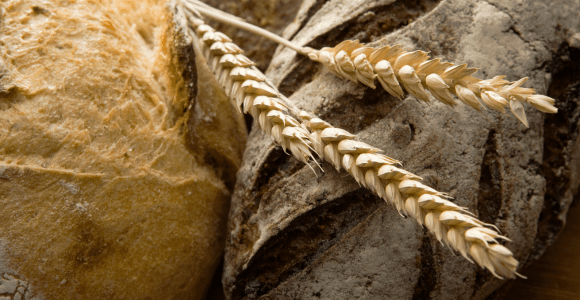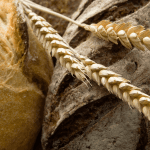
Mustard (See also Mark 4:30-32; Luke 13:18-19; Gospel of Thomas 20)
The parable of the mustard seed is a political parable, not a botanical one. Botanically, mustard don’t grow into trees at all. They grow into shrubs of average size. This story is meant to be understood in the context of the political hopes of Jesus’ Jewish community. Consider the promise made to this people in Ezekiel:
“This is what the Sovereign God says, ‘I myself will take a shoot from the very top of a cedar and plant it; I will break off a tender sprig from its topmost shoots and plant it on a high and lofty mountain. On the mountain heights of Israel I will plant it; it will produce branches and bear fruit and become a splendid cedar. Birds of every kind will nest in it; they will find shelter in the shade of its branches.’” (Ezekiel 17:22-23)
Welcome Readers! Please subscribe to Social Jesus Here.
(Read this series from its beginning here.)
A tree being used as a metaphor for a kingdom or empire was common in the scriptures. Consider how Babylon itself was described with the same language.
“Its leaves were beautiful, its fruit abundant, and on it was food for all. Under it the wild animals found shelter, and the birds lived in its branches; from it every creature was fed . . . The tree you saw, which grew large and strong, with its top touching the sky, visible to the whole earth, with beautiful leaves and abundant fruit, providing food for all, giving shelter to the wild animals, and having nesting places in its branches for the birds—Your Majesty, you are that tree! You have become great and strong; your greatness has grown until it reaches the sky, and your dominion extends to distant parts of the earth.” (Daniel 4:12, 20-22)
In saying that Jesus’ vision for human community would ultimately grow from tiny beginnings to the fulfillment of Jewish hopes of restoration and independence, the gospel authors were appealing to the Jewish people’s hopes in the midst of their imperial colonization by Rome.
This can be challenging for contemporary Christians to wrap their minds and hearts around, but the hard work of reading the Jesus story from the perspectives of marginalized and excluded communities is work worth doing.
Calling Jesus’ vision of human community a mustard seed was about more than its small beginnings. Most of the agricultural world at that time deemed the mustard plant a weed. So Jesus’ kingdom vision for human community was being likened in this parable to a weed. This called out how Jesus’ vision for what human community could be was deemed by the elite, powerful, propertied and privileged: a weed that must be speedily eliminated before it took over the imaginations of the masses.
Yeast (Luke 13:20-21; Thomas 96)
In the Passover traditions, leaven was a corrupting influence, and unleavened bread symbolized purity. So in this week’s reading, Jesus’ kingdom vision for human community is being likened to something that corrupted. Again, the elite, powerful, propertied and privileged considered this vision for human community that Jesus was casting a corrupting influence among the masses. If something wasn’t done about it quickly, it would permeate the entire society that the elites were profiting off of.
Historically, democracy was seen as a corrupting influence in societies that practiced monarchy or other forms of hierarchy. Today, even non-authoritarian, more democratic forms of socialism and communism are deemed as a corrupting influence by global capitalists who profit off the masses. (Consider the history of U.S. policy in relation to Vietnam and Cuba.)
Jesus’ love for the poor and his vision of a human community that practiced wealth redistribution, debt cancellation, resource sharing, and mutual aid inspired the poor and marginalized in his society, and benefitted those being exploited. It threatened the elites. Truly Jesus’ preaching was corrupting leaven and a noxious weed to them.
Next the parables take a hard turn. We’ll discuss that in Part 3.













